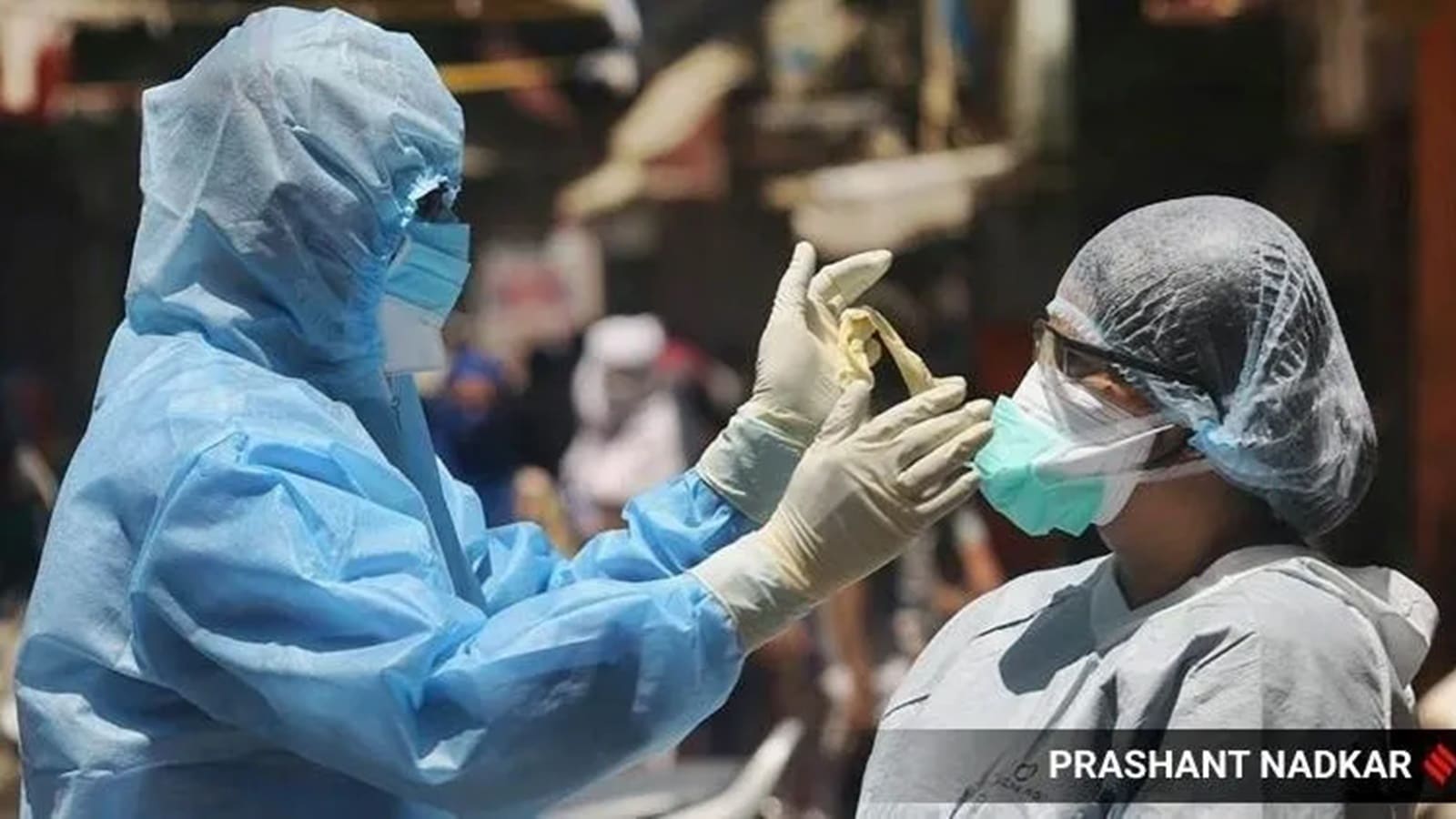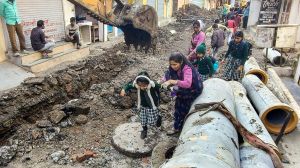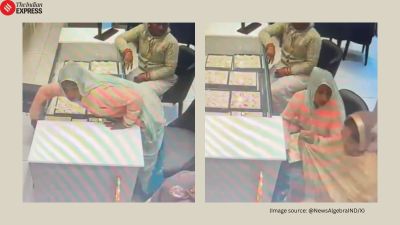As Covid-19 soar, docs face dual challenge of testing limits and prolonged flu symptoms
With one confirmed case of JN.1, the new Covid-19 variant, and the reporting of 14 new cases on Wednesday, the medical fraternity is on high alert.
 Distinguishing between Covid-19 and seasonal flu proves challenging due to their similar characteristics.
Distinguishing between Covid-19 and seasonal flu proves challenging due to their similar characteristics. Amid the nationwide surge in Covid-19 cases, with limited RT-PCR testing, doctors have no option but to hone their acquired expertise in the pandemic in screening patients for the novel coronavirus, amid an increase in patients displaying prolonged flu symptoms—characterized by persistent cough and fatigue—with the drop in temperature.
With one confirmed case of JN.1, the new Covid-19 variant in Maharashtra, and the reporting of 14 new cases on Wednesday, the medical fraternity is on high alert. While this surge is attributed to heightened surveillance, doctors express concern about differentiating Covid patients amid the rise in seasonal infection cases.
Distinguishing between Covid-19 and seasonal flu proves challenging due to their similar characteristics. Vigilant doctors are now homing in on distinguishing features such as loss of taste or smell, shortness of breath, and severe fatigue.
“This is a significant concern. We are not actively testing individuals for the new variant. A few patients underwent antigen testing and tested negative, but none have undergone RT-PCR testing,” said Dr Hemlata Arora, Senior Consultant, Internal Medicine, Nanavati Hospital, who, for the past two weeks, has been treating 10-12 patients daily exhibiting symptoms such as sore throat, high-grade fever, and cough.
Dr CC Nair, Consultant Internal Medicine Specialist, Lilavati Hospital also expressed the same concern about diagnostic challenge particularly with the new Omicron subtype—JN.1. The sub-variant JN.1 is a progeny of the BA.2.86 variant, also known as Pirola, and is not entirely novel. As of Wednesday, one positive case has been identified in Maharashtra.
Dr Anita Mathew, Infectious Disease Specialist at Fortis Hospital explained, “Unless there is a clear-cut indication such as a drop in oxygen levels or lung involvement, patients with typical flu-like symptoms are not automatically categorized as Covid-19. While there is a possibility, considering most cases are mild, treatment for this category is symptomatic, and there is no need for panic.”
Meanwhile, the prolonged flu is wreaking havoc in the city. If the fever lasts two to three days, the overall illness resolves within about a week. However, if the fever persists for six to seven days, the total duration of illness can extend beyond ten days. In most cases, the recovery is taking place after three weeks, especially among children and elderly who are most vulnerable to contracting the infection.
“Mostly with irritation in the throat, watering from the nose, and congestion. They do take longer than usual to recover. Repeated infections are seen often in view of the weather along with air pollution, crowding of people along with festivities around. About 10-15 percent may require hospitalization, particularly with people who have comorbidities like diabetes, immune-compromised cases, and associated malignancies. We do see commonly patients in the age group of around 30-50 years of age,” said Dr Nair.
Laboratory findings often show borderline low platelets and reduced white blood cells, suggesting a viral infection. Along with fatigue, many patients are also complaining of recurrence. “There is a noticeable pattern among individuals who have recently relocated to Mumbai from smaller cities like Rajkot, Nagpur, and Indore for work or education. These individuals seem to be more susceptible to repeated infections, which could be because of the levels of pollution or local viral infections,” said Dr Arora.
Doctors suggest taking precautions against seasonal flu by getting vaccinated, practicing good hand hygiene, maintaining physical distance, and wearing masks.







